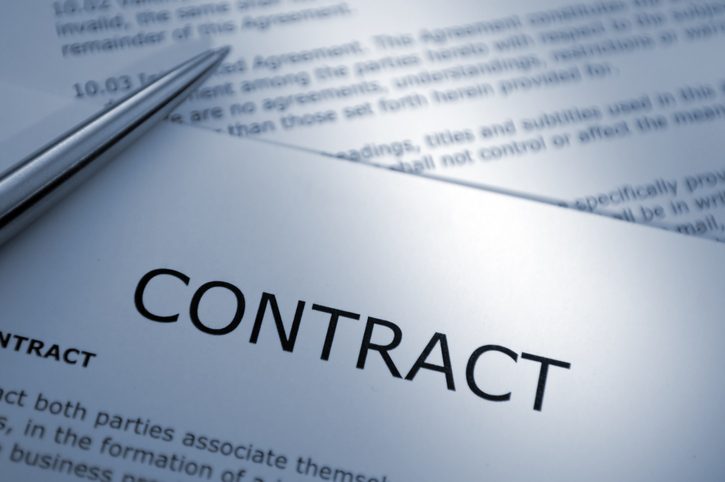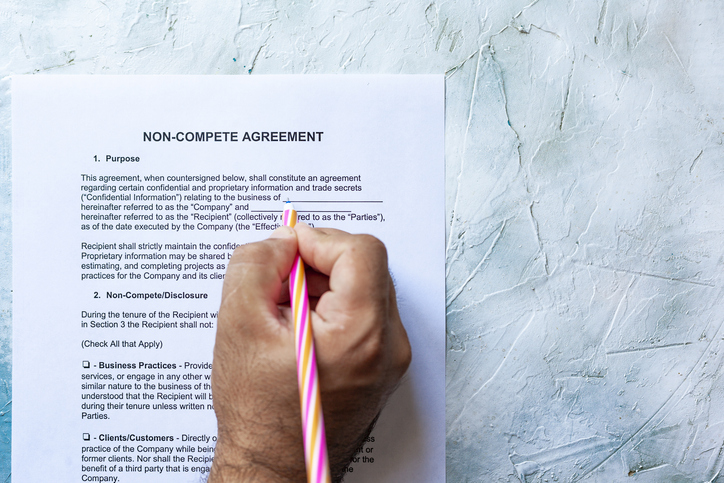By H. Clay Parker, Esq. | Published January 12, 2024 | Posted in Business Litigation | Tagged Tags: court, expert testimony | Comments Off on Making Effective Use of Experts in Business Litigation

Making Effective Use of Experts in Business Litigation
When a business disagreement ends up in court, the issues to be resolved are usually complex. Disputes can relate not only to what happened factually but also to the impact on the parties’ financial situations and the consequent liabilities that arise. Expert witnesses play a critical role in helping parties, attorneys and decision makers to Read More
Read More
Do’s and Don’ts of Effectively Pursuing Commercial Litigation
When a business dispute escalates to the point of litigation, it is crucial to approach the legal process strategically to maximize your chances of a favorable outcome. Commercial litigation can be complex and challenging, but you can navigate it effectively by taking certain positive actions while also avoiding counterproductive conduct. Your overall litigation goal should Read More
Read More
Why Commercial Lease Terms Need Careful Negotiation
When it comes to leasing commercial property, the devil is often in the details. While residential leases are relatively straightforward and governed by statute, commercial leases are typically customized to address particular business situations. Whether you are a tenant or a landlord, it’s vital to understand the essential terms of a commercial lease and why Read More
Read More
Fraudulent Misrepresentation Under Florida Law — Elements and Remedies
Fraudulent misrepresentation is a civil offense that occurs when someone makes a false statement of fact to another person with the intent of inducing that person to act in a certain way, and the other person acts in that way and suffers harm as a result. Fraudulent misrepresentation falls under the purview of the Florida Read More
Read More
Six Clauses Essential to Business Contracts
Commercial agreements are almost always put in writing. A well-written contract captures the essence of deal and as well as making clear the parties’ rights, responsibilities and expectations. It can also provide for dealing with contingencies and resolving disagreements. However, a contract should be tailored to the particular matter and circumstances so that it effectively Read More
Read More
What Claims Are Common in Commercial Litigation?
While businesses and their owners usually can resolve their differences informally, sometimes matters end up in court. Since litigation is expensive, time consuming and often distractive from business operations, it is something to be avoided. However, sometimes there is no better option. The most common types of commercial litigation are contractual claims, including alleged breach Read More
Read More
Meeting the Legitimate Business Interest Test for Restrictive Covenants
A restrictive covenant is a contractual provision that limits or bars an employee, former employee or other party from taking certain actions deemed harmful to a company, such as working for a competitor, soliciting customers or disclosing privileged information. These agreements are subject to a high level of scrutiny under Florida law, since they have Read More
Read More
Specific Performance as a Remedy in Real Estate Contract Disputes
When a contracting party fails or refuses to perform a duty and causes the other party a loss, the usual remedy is compensatory damages. Courts do not often order the breaching party to fulfill the outstanding obligations. However, real estate contracts can be the exception. This is because the law deems every parcel of real Read More
Read More
Five Common Mistakes in Drafting Business Contracts
Written contracts are necessities in most businesses, controlling a wide range of transactions and other matters. A well-written contract can make business operations predictable and can be invaluable in resolving issues and disputes as they arise. On the other hand, a poorly drafted contract can worsen business problems and leave parties with inadequate remedies. These Read More
Read More
How to Establish Standing to Sue in a Florida Business Dispute
The first question a court must resolve in any business litigation is whether the plaintiff has standing to sue. In most cases, this means the individual or organization bringing the lawsuit has a direct, personal stake in the outcome. The three general requirements to establish legal standing are injury in fact, causation and the availability Read More
Read More
